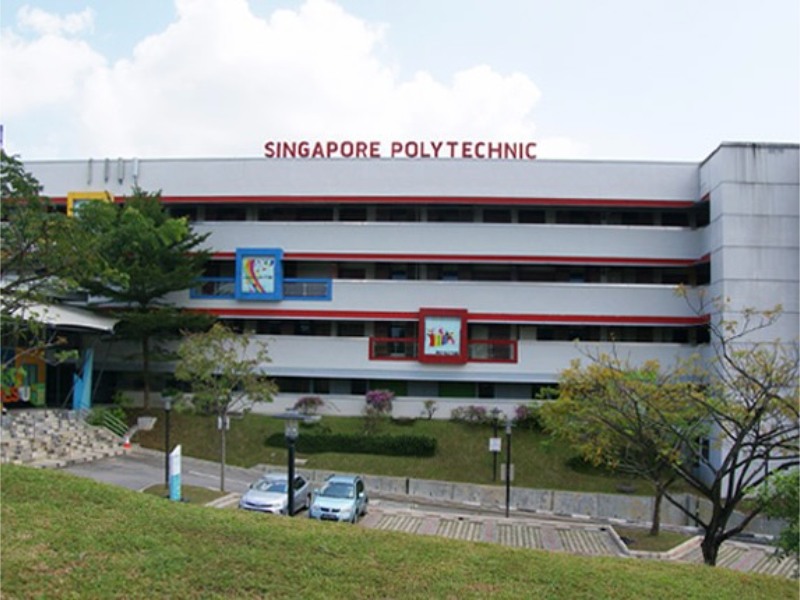- SP has expanded its mission to include adult education, with 73% of lecturers teaching adult learners by 2021.
- The institution’s Smart Campus initiative integrates advanced technologies to enhance learning and campus operations.
Singapore Polytechnic: A legacy of innovation and adaptation
Singapore Polytechnic (SP), founded in 1954, was the first polytechnic in the country. Today, it remains a leader in applied education. The institution now serves over 16,000 students across 10 academic schools. It offers 30 full-time diploma courses and four common entry programmes.
Over the years, SP has produced more than 235,000 graduates. Many of them now hold top positions in business, technology, and public service. Additionally, SP has grown its role in adult learning. It offers more than 530 Continuing Education and Training (CET) programmes designed for working professionals.
By 2021, 73% of lecturers were teaching adult learners, compared to just 25% in 2016. This dramatic increase reflects Singapore’s national push for upskilling through the SkillsFuture initiative. It also highlights SP’s evolving commitment to meet real workforce needs.
Also read: CMKL University: Bridging innovation and education
Also read: UTHM: Pioneering innovation in technical education and research
Singapore Polytechnic: Digital transformation through the smart campus
To meet evolving educational needs, SP launched its Smart Campus initiative as part of Singapore’s broader Smart Nation strategy. This transformation harnesses technologies such as the Internet of Things, video analytics, and learning data to improve how students learn and how the campus operates. By focusing on three pillars—Smart Education, Smart Networks, and Smart Energy—SP creates a more connected, efficient, and sustainable environment.
For example, Smart Education encourages flipped classrooms, where students study core materials online before engaging in deeper discussions during lessons. Meanwhile, SP redesigned many CET programmes to support working adults, offering up to 70% of content online in some specialist diplomas, such as web development and computing architecture. Loh Gin Chye, Director of Information and Digital Technology Services, emphasised that SP strives “to make teaching and learning more inclusive and accessible,” ensuring that students graduate with skills fit for the digital age.

